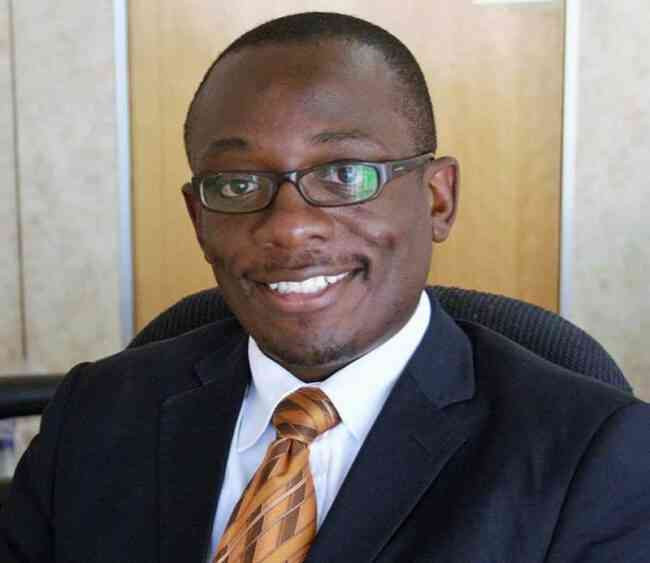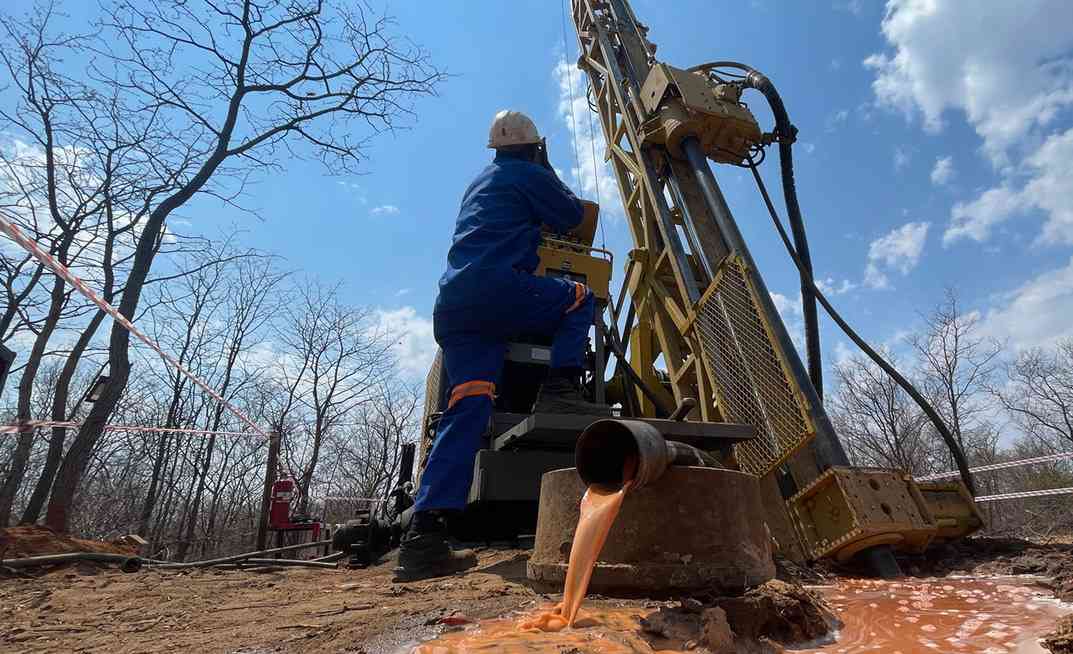
GOVERNMENT says it recently conducted a nationwide school monitoring exercise following reports of widespread discontent among teachers over welfare, shortage of learning resources and infrastructure among other challenges facing the education sector.
The Primary and Secondary Education ministry said the survey, held on October 1 and 2, sought to identify challenges and improve school governance.
Ministry spokesperson Taungana Ndoro said they also wanted to evaluate adherence to governance protocols, the quality of teaching, student enrolment and the availability of infrastructure.
He said stakeholders such as Unicef, Unesco, the World Bank and members of the Parliamentary Portfolio Committee on Primary and Secondary Education partnered the ministry during the survey.
Ndoro said the findings would directly influence future policy decisions.
“The ministry and its partners are committed to using the findings to drive sustainable improvements in the quality of education and ensure all children in Zimbabwe have access to a robust and equitable learning environment,” he said.
The Education ministry spokesperson added that the broad assessment was designed to provide a clear picture of the state of education and highlight areas requiring targeted interventions.
Education experts said the initiative was long overdue and a critical step towards revitalising Zimbabwe’s education system.
- Teachers, other civil servants face off
- Veld fire management strategies for 2022
- Magistrate in court for abuse of power
- Vungu Dam water treatment and irrigation project takes off
Keep Reading
Education consultant Florence Mhlanga highlighted the importance of the survey.
“This comprehensive monitoring exercise is a positive move that will provide critical data on the state of schools,” she said.
“It offers an opportunity to address challenges in real-time and improve both infrastructure and the quality of teaching, which is vital for enhancing learning outcomes.”
Another academic Richard Mutamba echoed similar sentiments.
“This inclusive approach will undoubtedly result in more effective policies and interventions that support the growth and development of our education system,” he said.
The country’s education sector is beset with a number of challenges mostly a result of years of underfunding.
A number of public schools, especially those in rural areas, lack basic learning infrastructure and materials such as textbooks, desks and classrooms.
The sector has also been hard hit by a skills flight as experienced educators quit the profession in search of better paying teaching jobs across borders.










